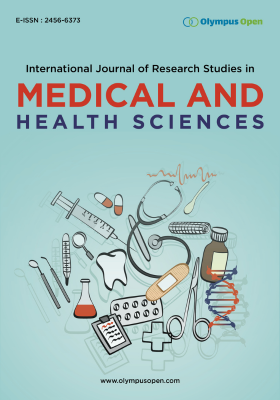Non-Pharmacological Therapies in Patients with Alzheimer’s Disease: Interventions on the Patient and the Caregiver
DOI:
https://doi.org/10.62557/2456-6373.080104Keywords:
Alzheimer’s Disease, Non-Drugtherapy, Caregiver Burden, InterventionAbstract
Dementia consists of a slow and progressive global, chronic and generally irreversible cognitive deterioration. Memory, reasoning, behavior and social skills are compromised and interfere with the normal course of daily life.
The care of a patient with dementia becomes very complex with the progress of the pathology, especially in the home, the care load is particularly heavy for the caregiver, usually a family member and is a cause of physical and psychological stress(1).
In advanced stages, the sick person needs constant assistance and monitoring throughout the day, including night; the institutionalization of the patient is therefore the decisive choice to ensure the safety of the patient and his family(2). Hospitalization in the facility is represented by the extreme psychological load of the caregiver (caregiver burden) and the inability to manage sudden violent acts and psycho-behavioral disorders (BPSD) typical of dementia, such as vagrancy, restlessness, agitation, aggression, sleep problems, depression (3).
Non-drug therapies to support dementia are a little known and in-depth topic. In this review of the literature we want to offer a reflection and a contribution on the importance of non-pharmacological interventions on the patient and the caregiver, that can have positive effects on the daily life of the patient and reduce the burden of care for a better quality of life of the patient and the family member who assists him.
Downloads
Downloads
Published
Issue
Section
License
Copyright (c) 2024 Author(s)

This work is licensed under a Creative Commons Attribution-NonCommercial 4.0 International License.







